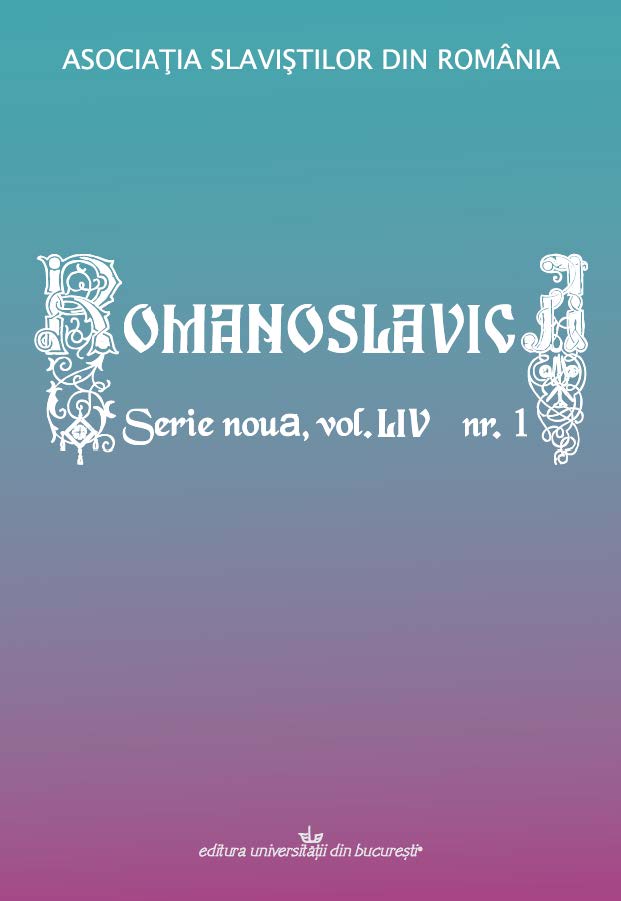Witold Gombrowicz i Czesław Miłosz. Stosunek do Zachodu, czyli między europejskością a polskością
Witold Gombrowicz and Czeslaw Milosz. Attitudes towards the West or between Europeanity and Polish Spirit
Author(s): Constantin GeambaşuSubject(s): Polish Literature
Published by: Editura Universităţii din Bucureşti
Keywords: Gombrowicz; Miłosz; Europa; polish identity; comparative literature; European culture;
Summary/Abstract: The condition the emigrant, which was both the case of W. Gombrowicz who remained in Argentina following the outbreak of war, and of Cz. Miłosz who asked for political asylum in France in 1951, led them to reflect upon and define attitudes towards Central Europe and Eastern Europe as well as towards the West, as a result of coming in direct contact with the social and intellectual realities of the civilized world. These reflections present in the literary texts, essays and notes of the two writers constitute a consistent imgagological discourse, which used to be the focus of Polish critique, but which deserves to be further analyzed in a comparative context (see Emil Cioran’s emigrant condition as well) in order to clearly delineate the resemblances and differences of view between the two Polish emigrants and to provide a better understanding of the destiny of the Eastern intellectual and his adaptability to another cultural environment. While Gombrowicz generally displays a skeptical and critical attitude towards the West out of the need to save his own identity, the attitude of admiration is rather typical of Miłosz, although neither in his case are critical accents missing (see his attitude towards France and the French). While Gombrowicz, as a member of an almost homogeneous community culturally and religiously (the nobility), felt his individuality threatened by homogeneity, Miłosz, immersed in the multiculturality of the area, yearns for a stable and sustainable model enabling him to support his uncertain feeling of individual identity. The first is overwhelmed by the excess of Form, the second by its inadequacy or absence. Gombrowicz treats forms instrumentally, without taking into account their mutual connection and cultural function. Miłosz appreciates the role of forms in transmitting and setting core values and in connecting contemporaries with the historical past. He considers them a guarantee and an expression of the continuity of culture. Through their attitude, they both illustrate a paradox hard to eliminate for a Central European: they talk about European culture as if they were coming from outside, while being, in fact, deeply and constantly embedded in it. But at the same time they show how to overcome the paradox mentioned in practice: namely, expressing opinions on culture without snobbery without the complex of inferiority nourished by resentment. The attitude towards the West is at the same time an additional way of defining more clearly polishness.
Journal: Romanoslavica
- Issue Year: LIV/2018
- Issue No: 1
- Page Range: 7-16
- Page Count: 10
- Language: Polish

